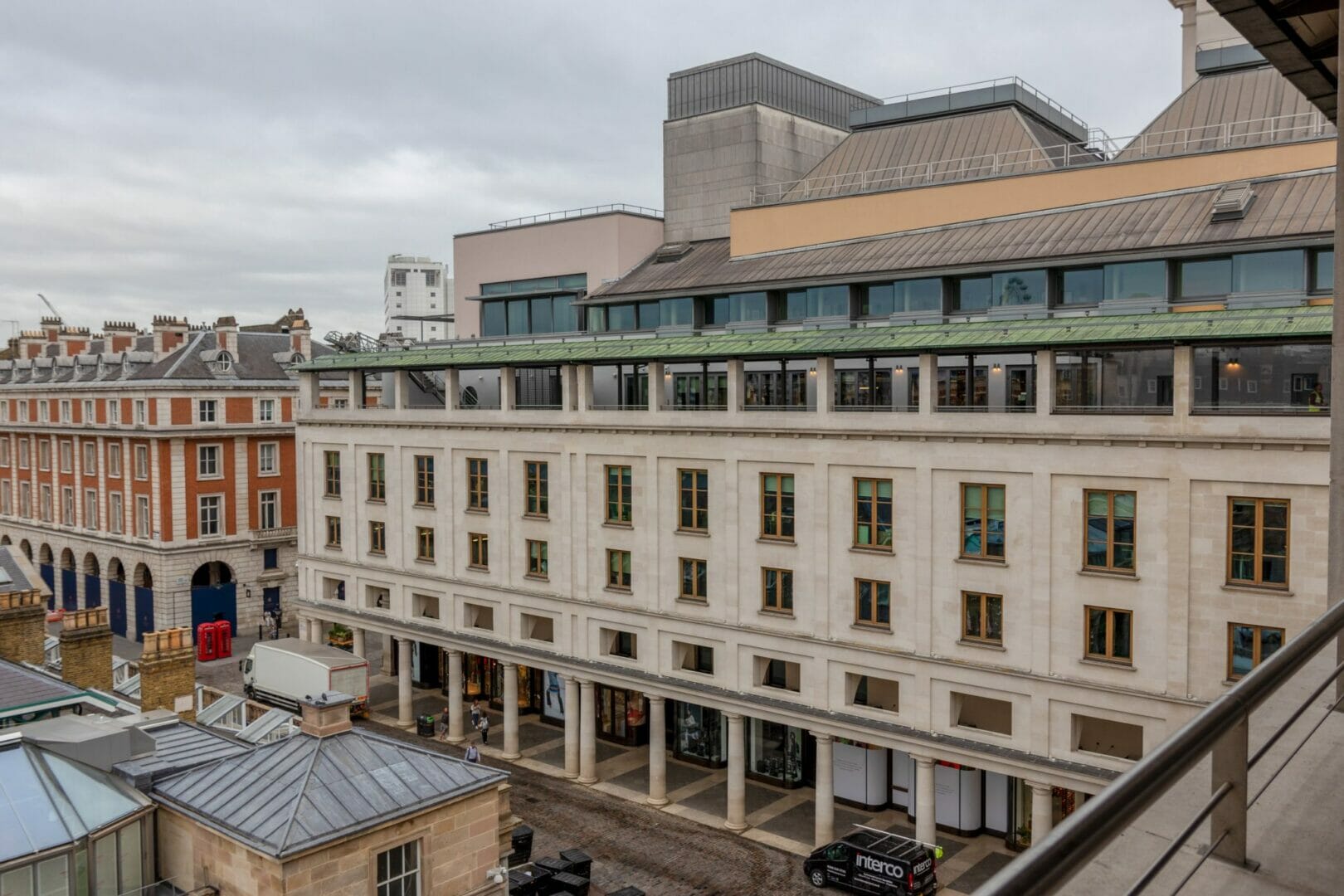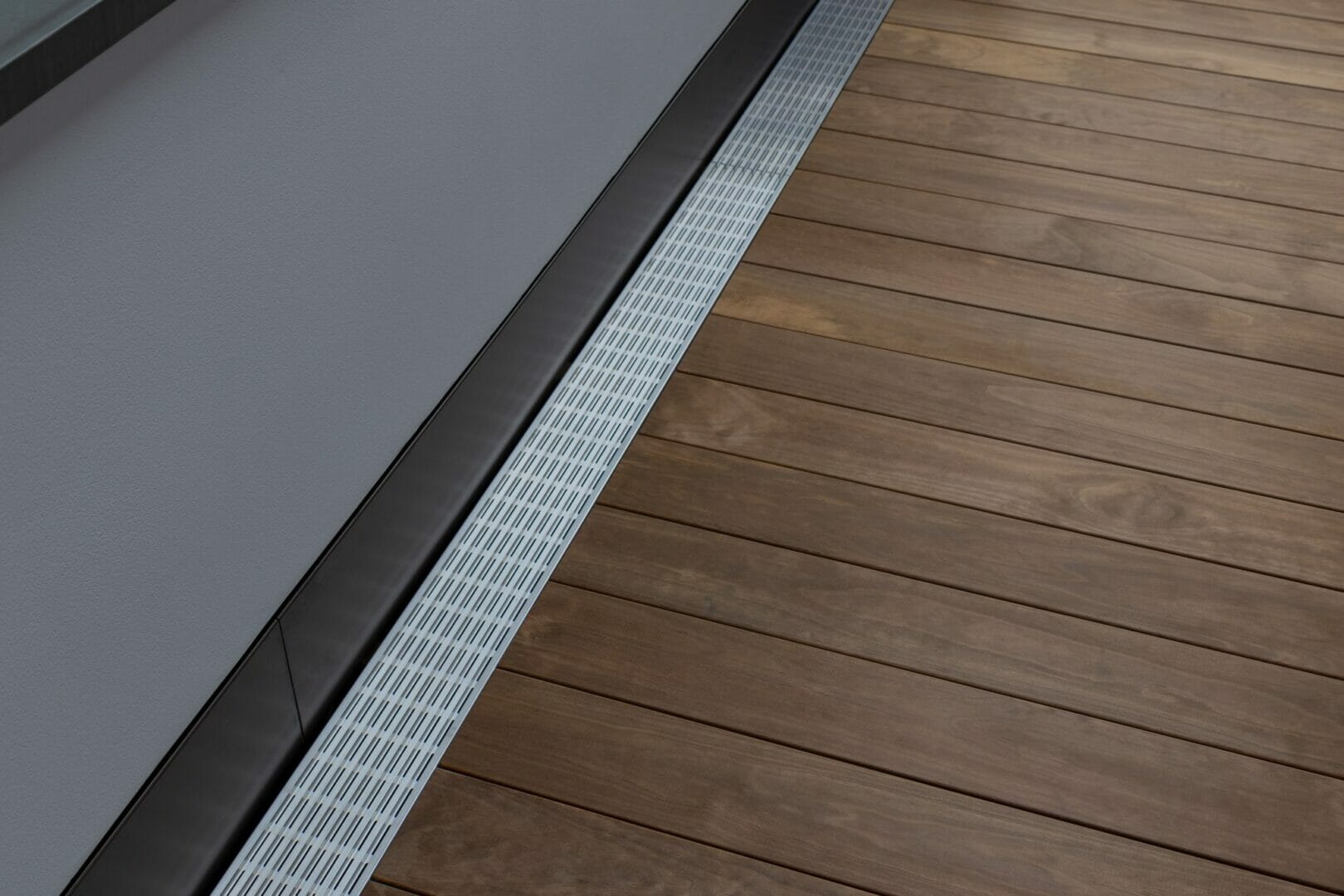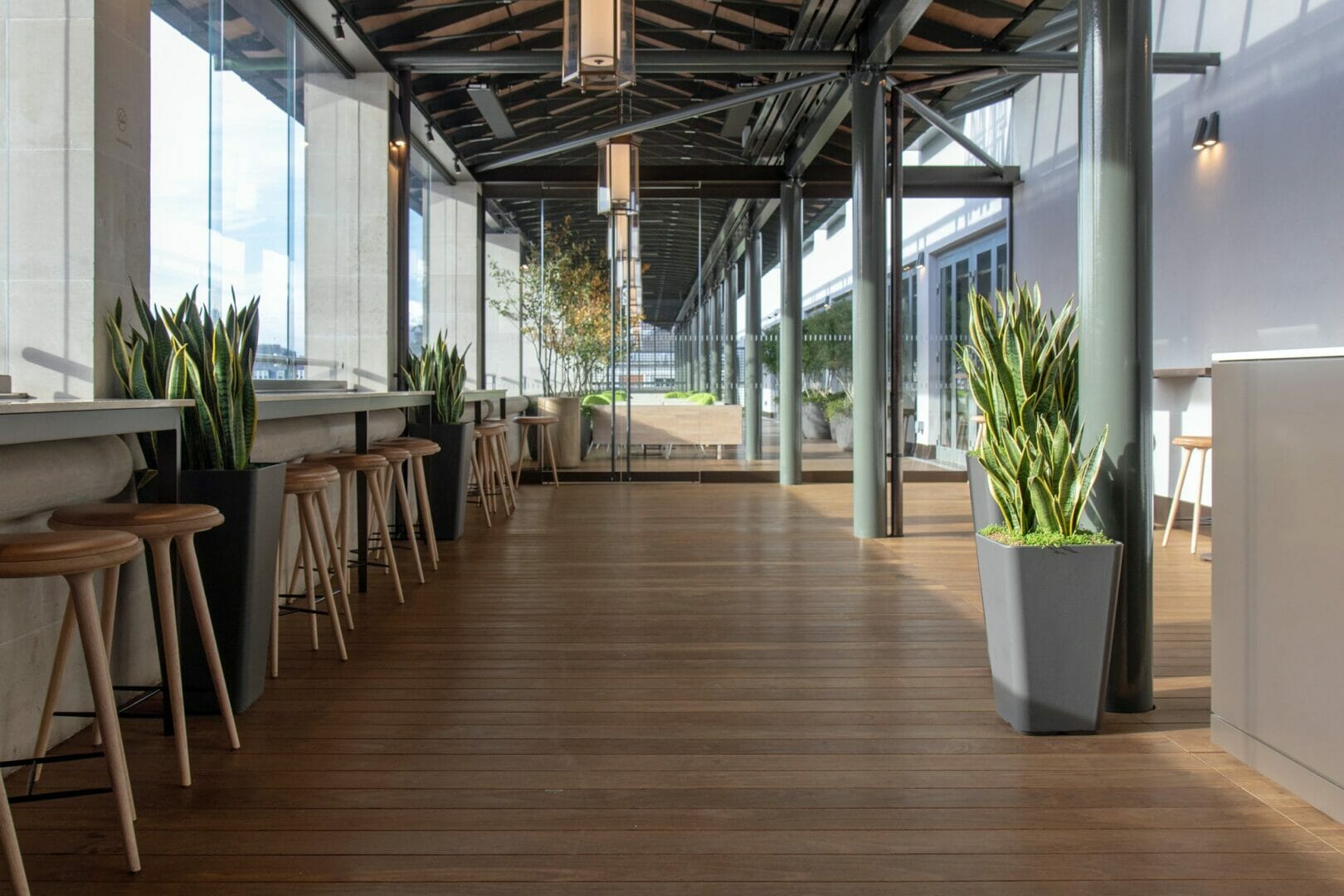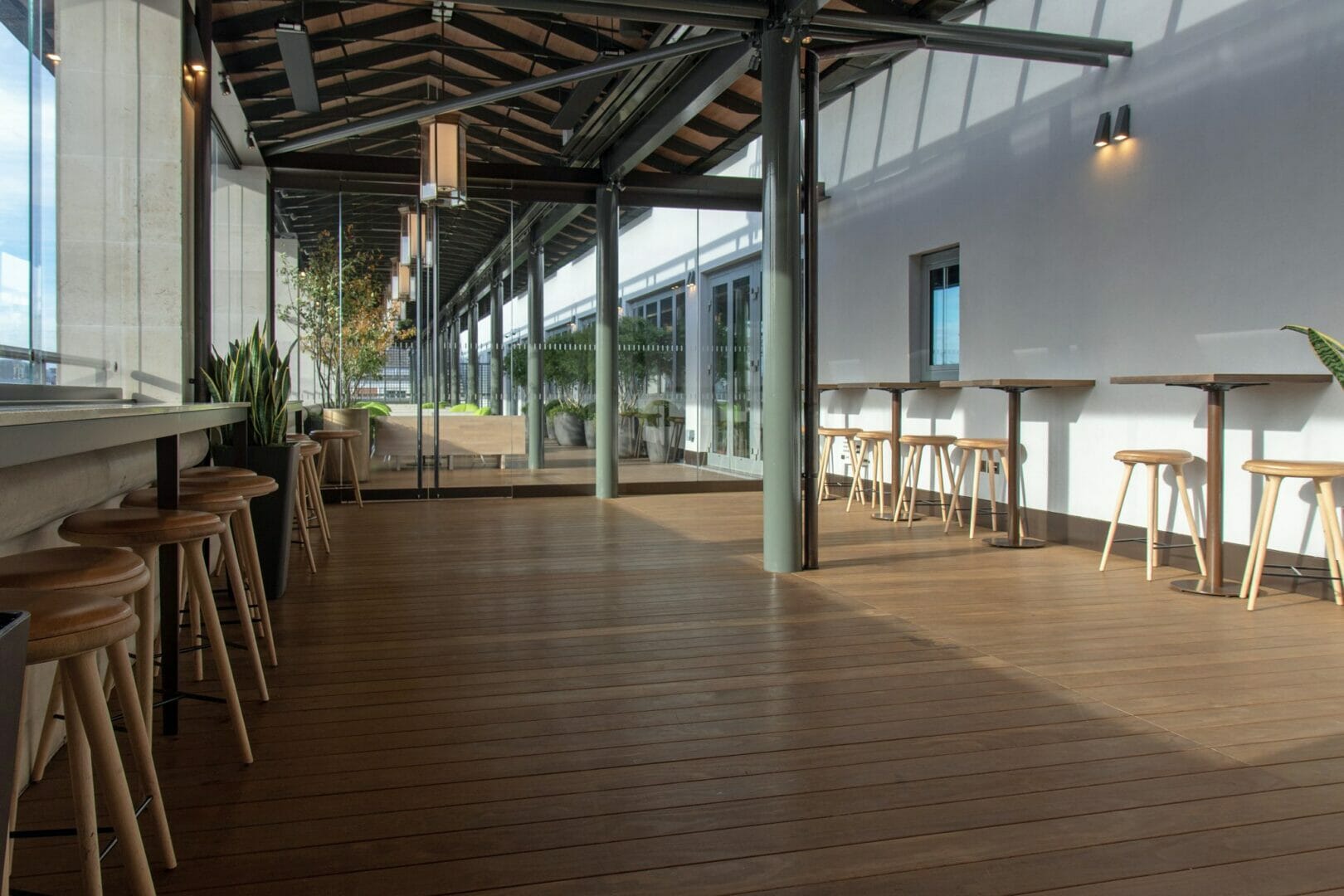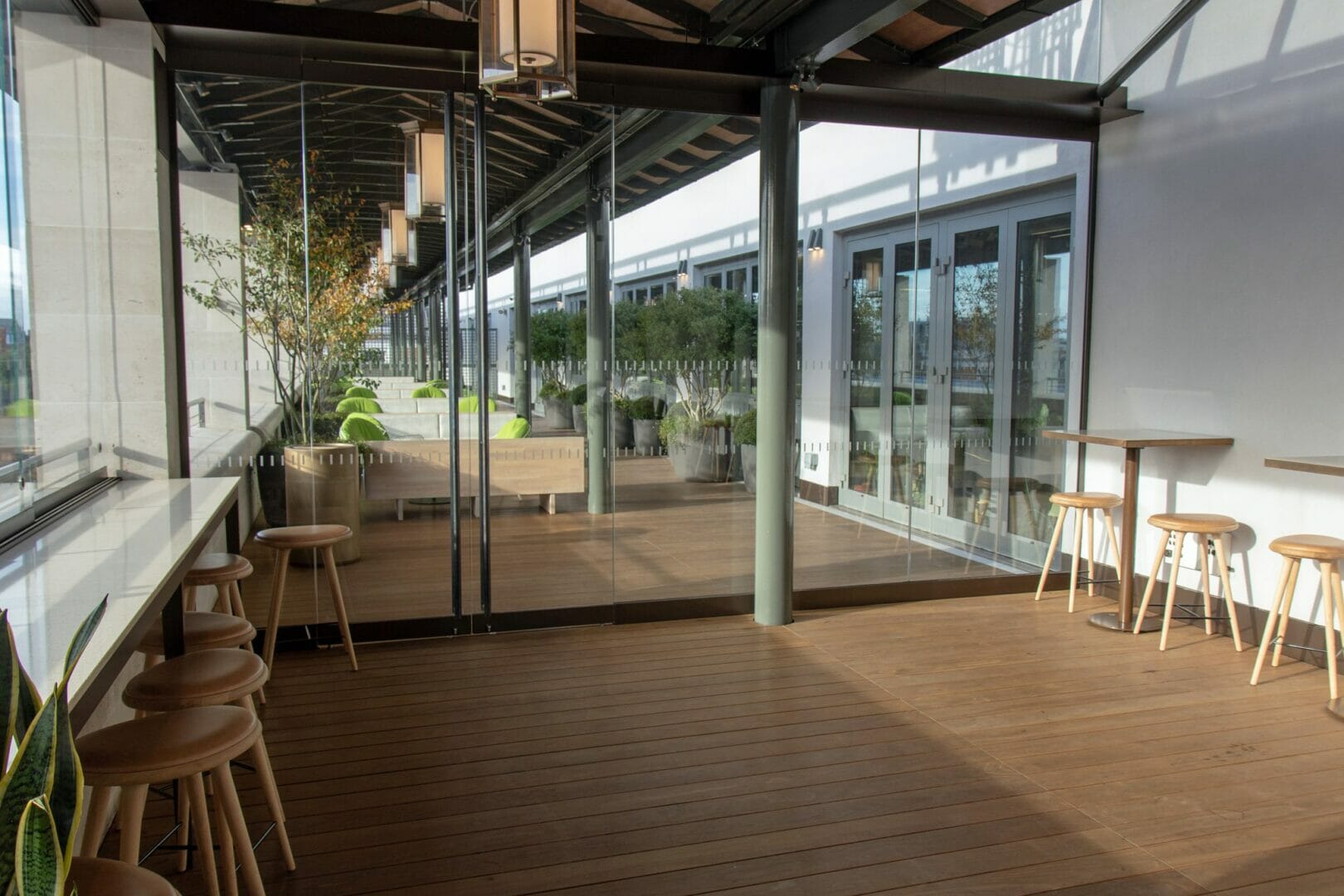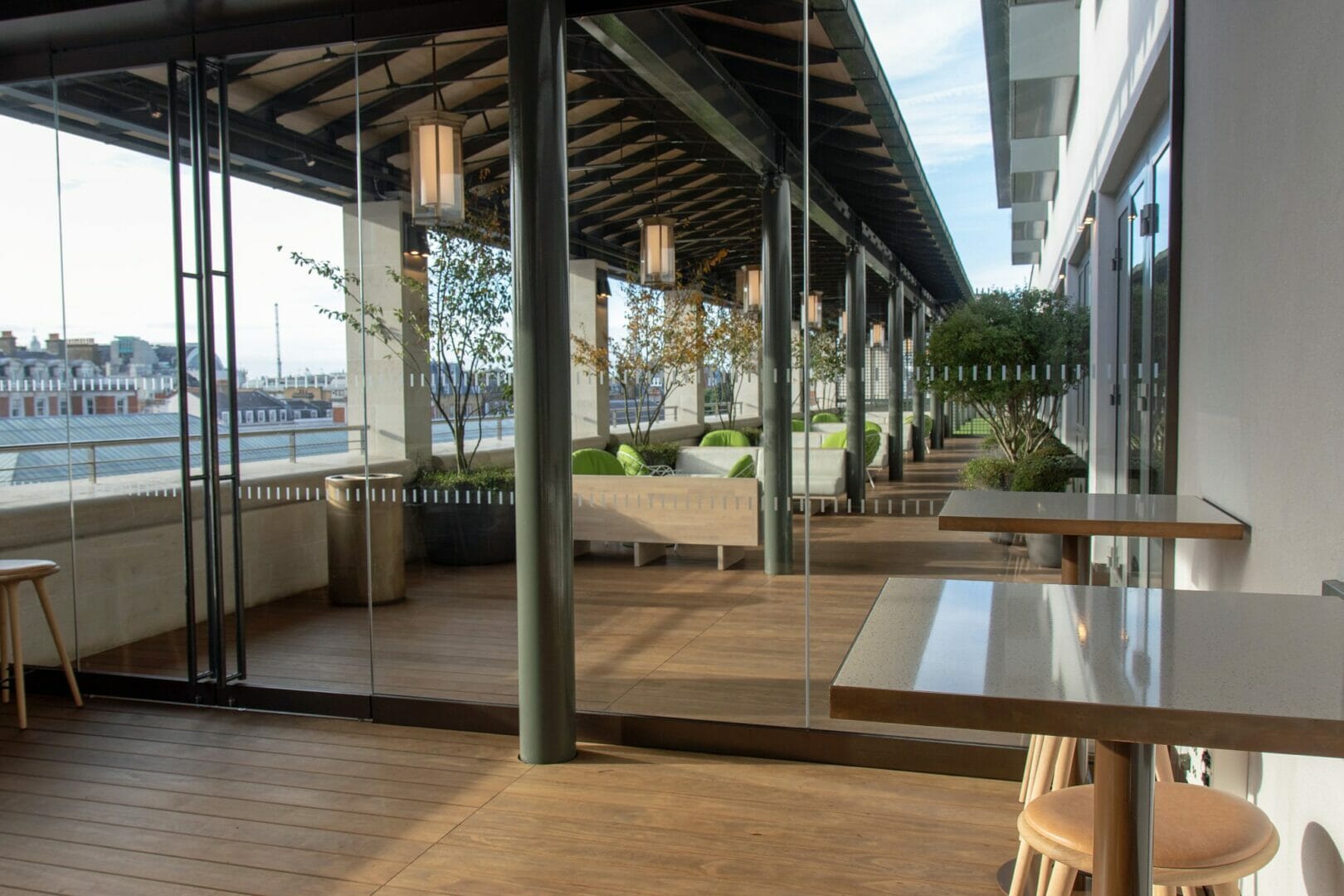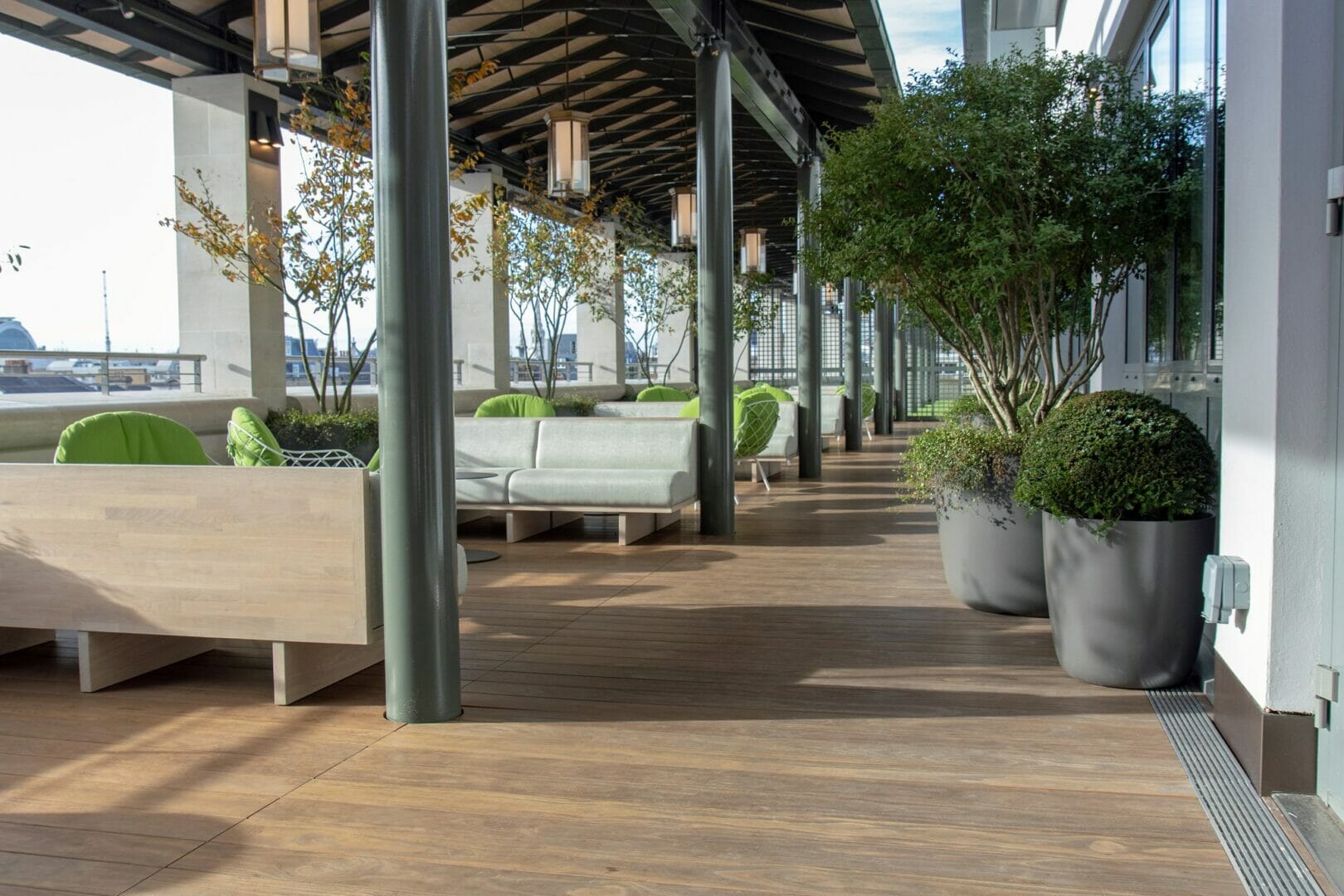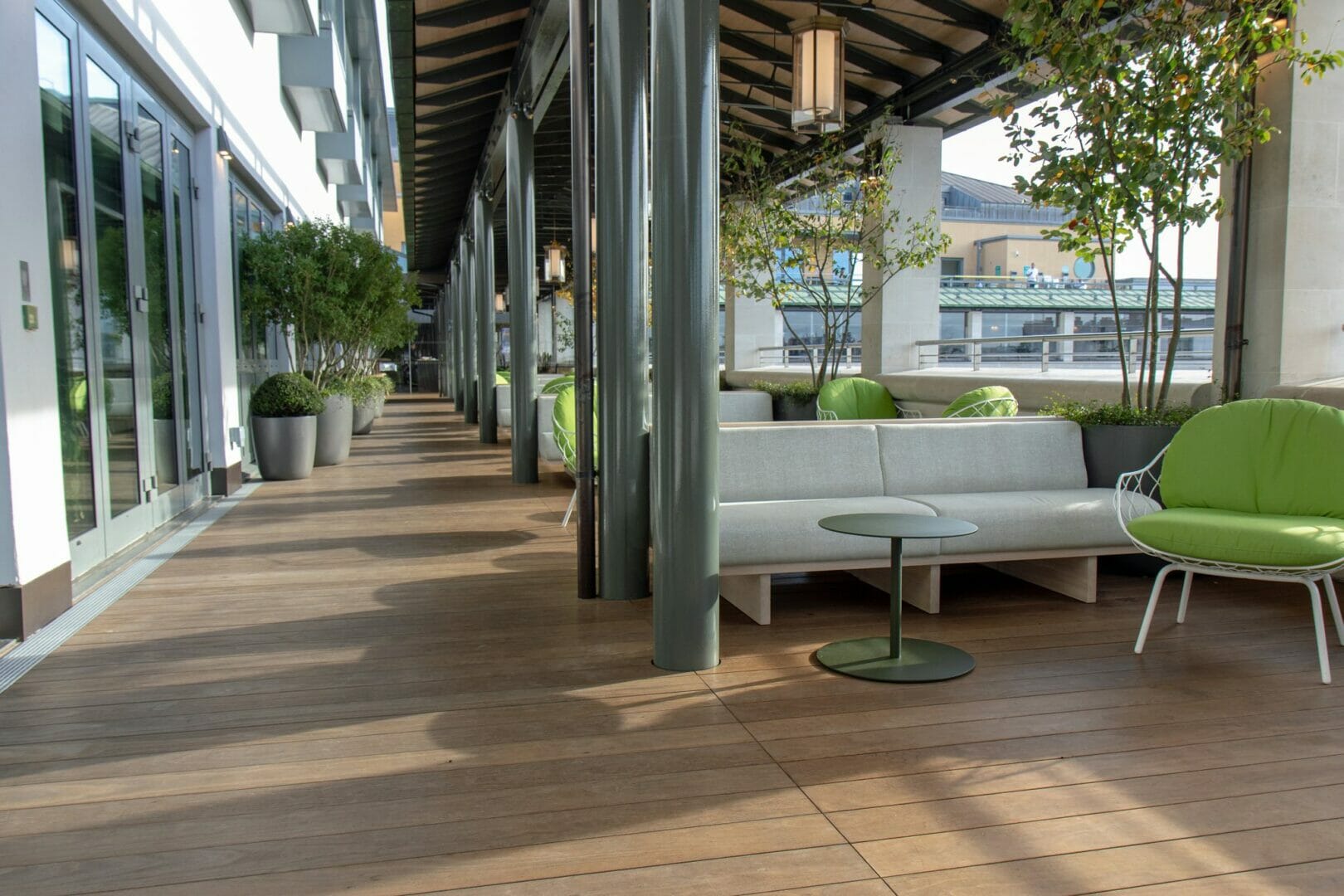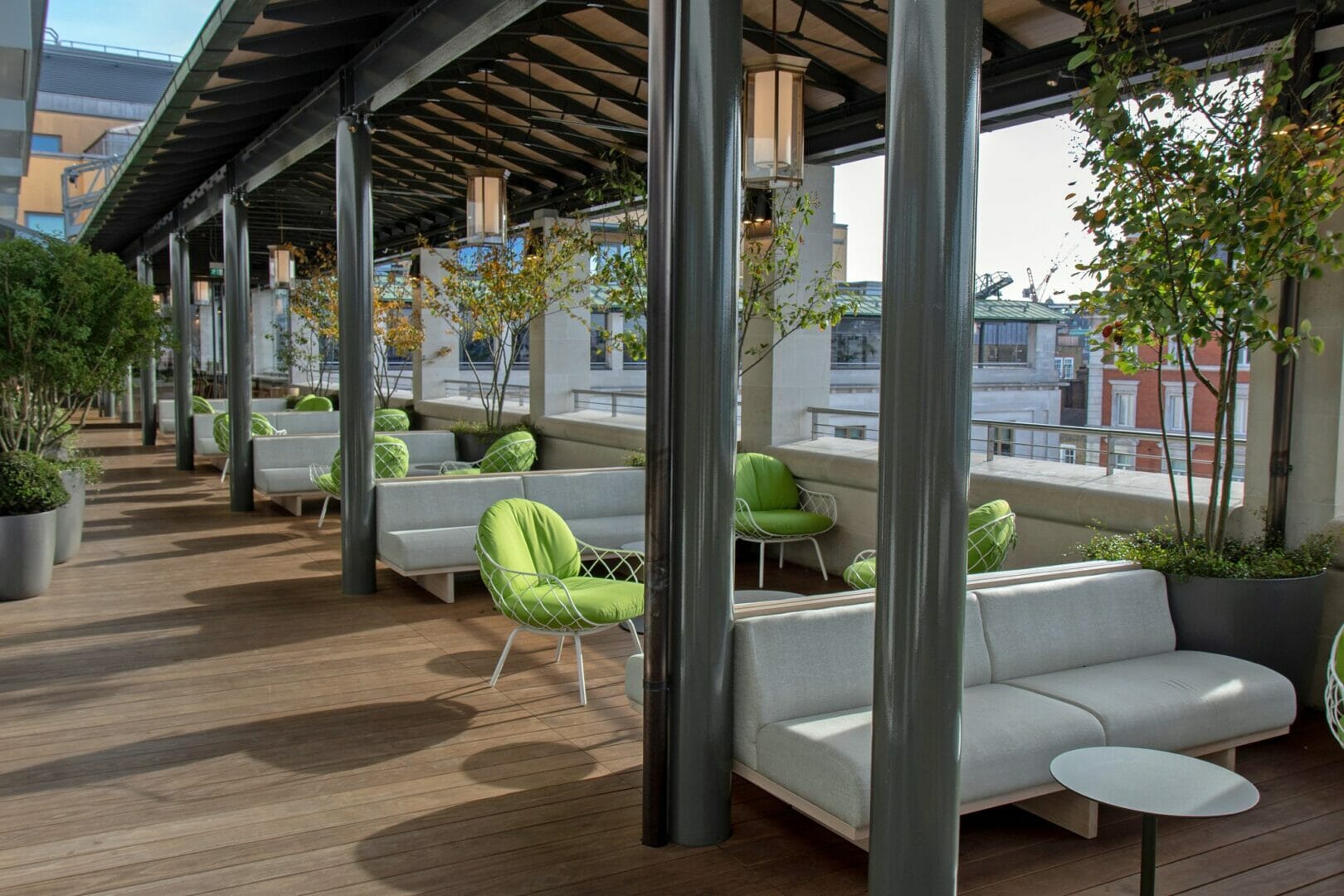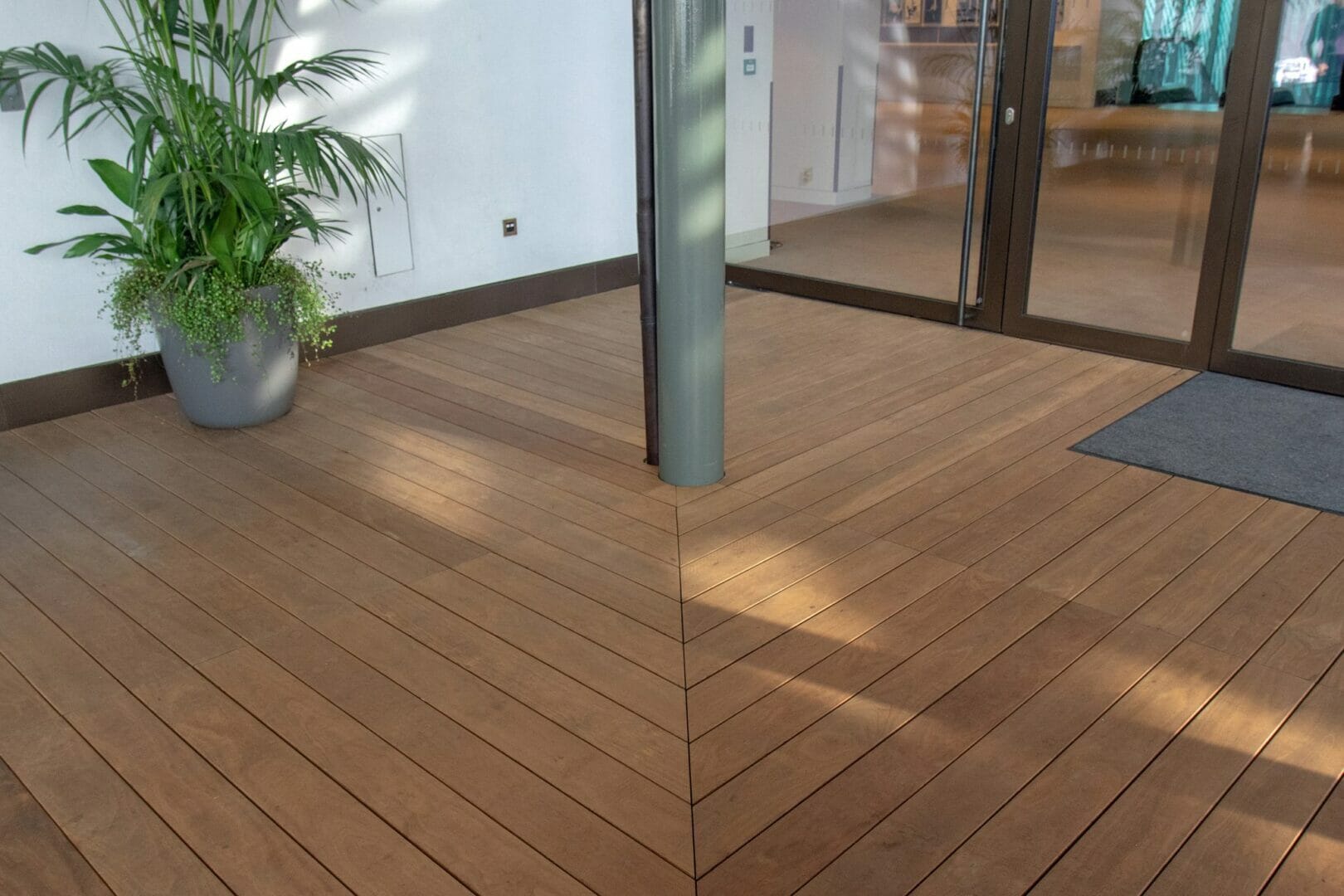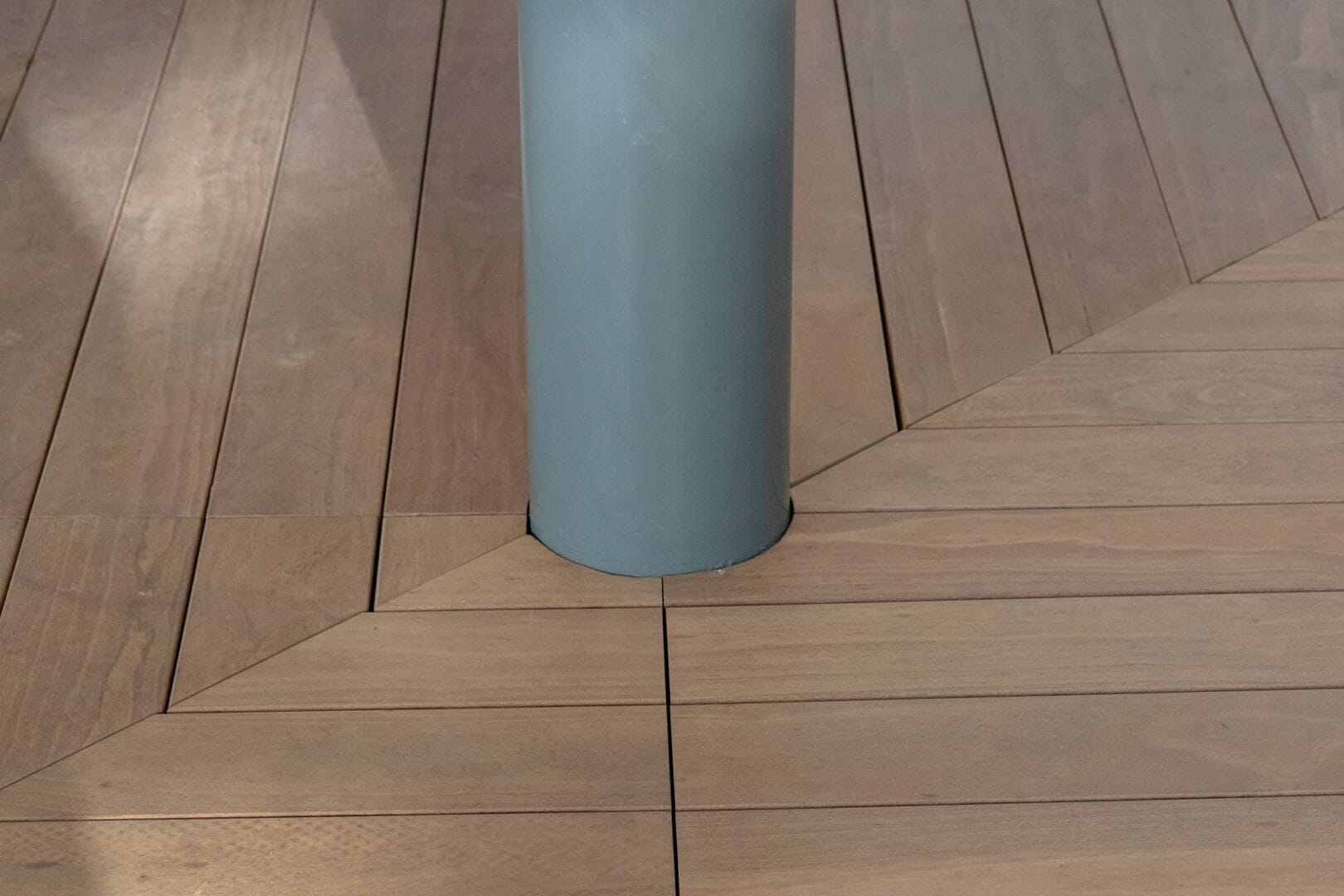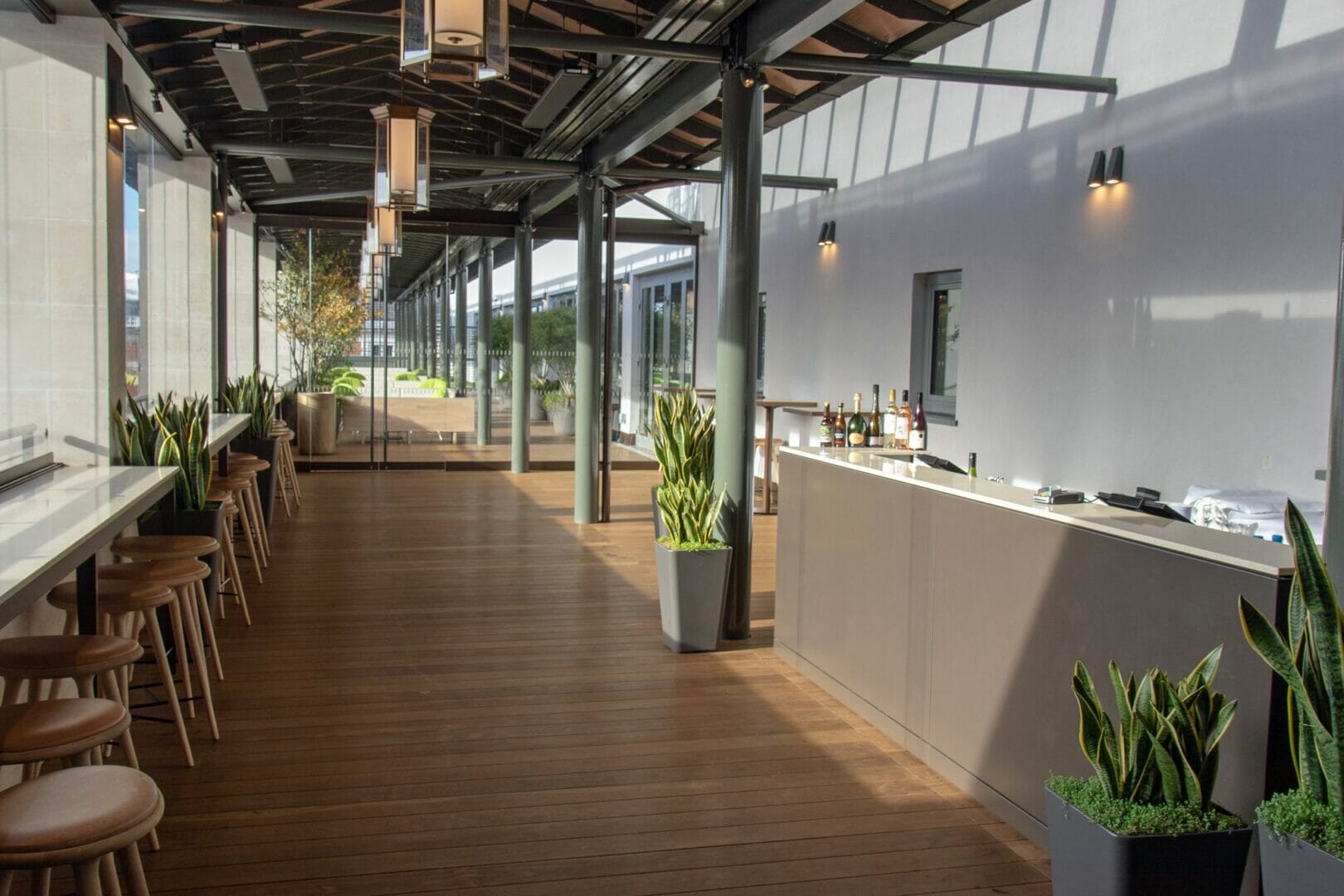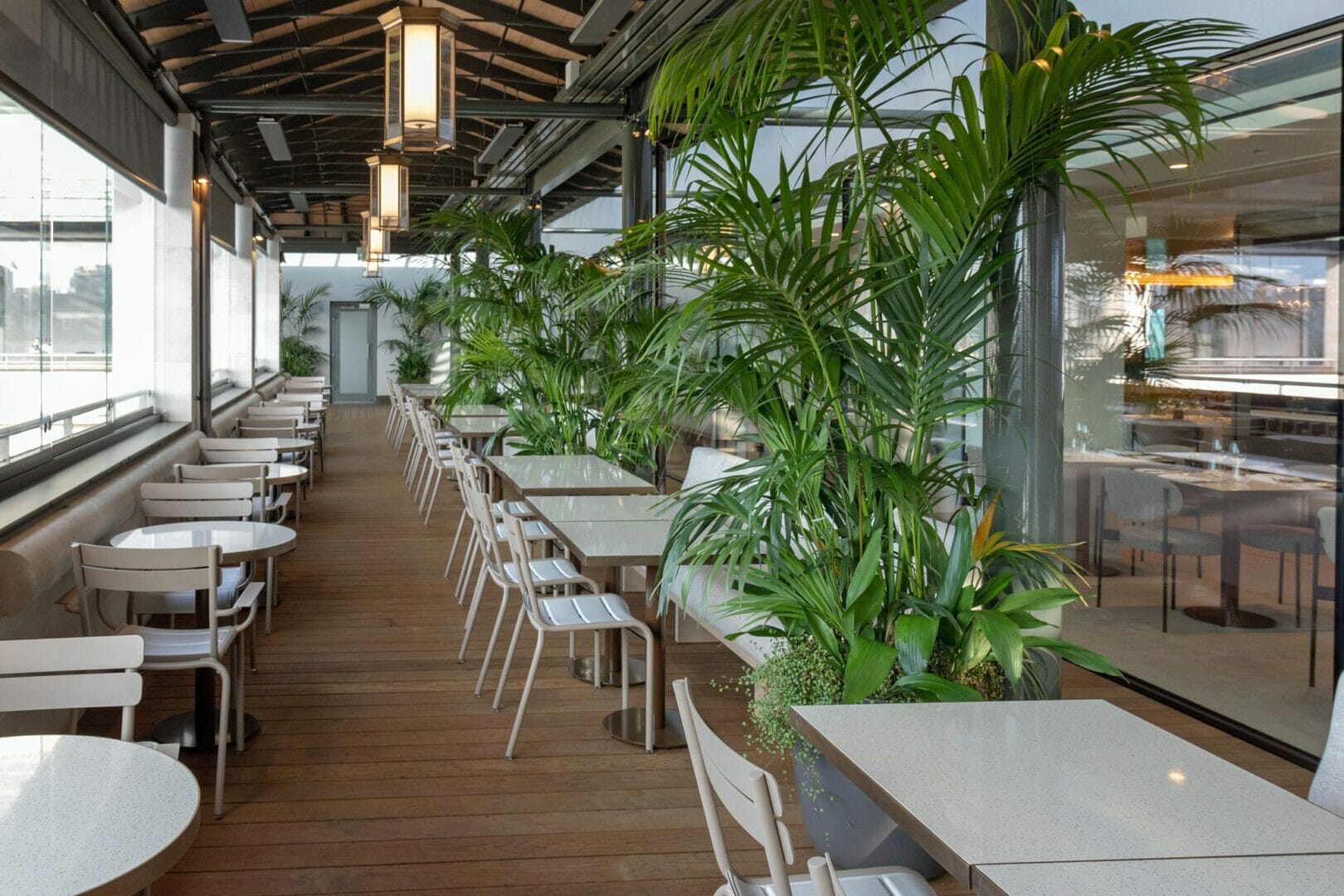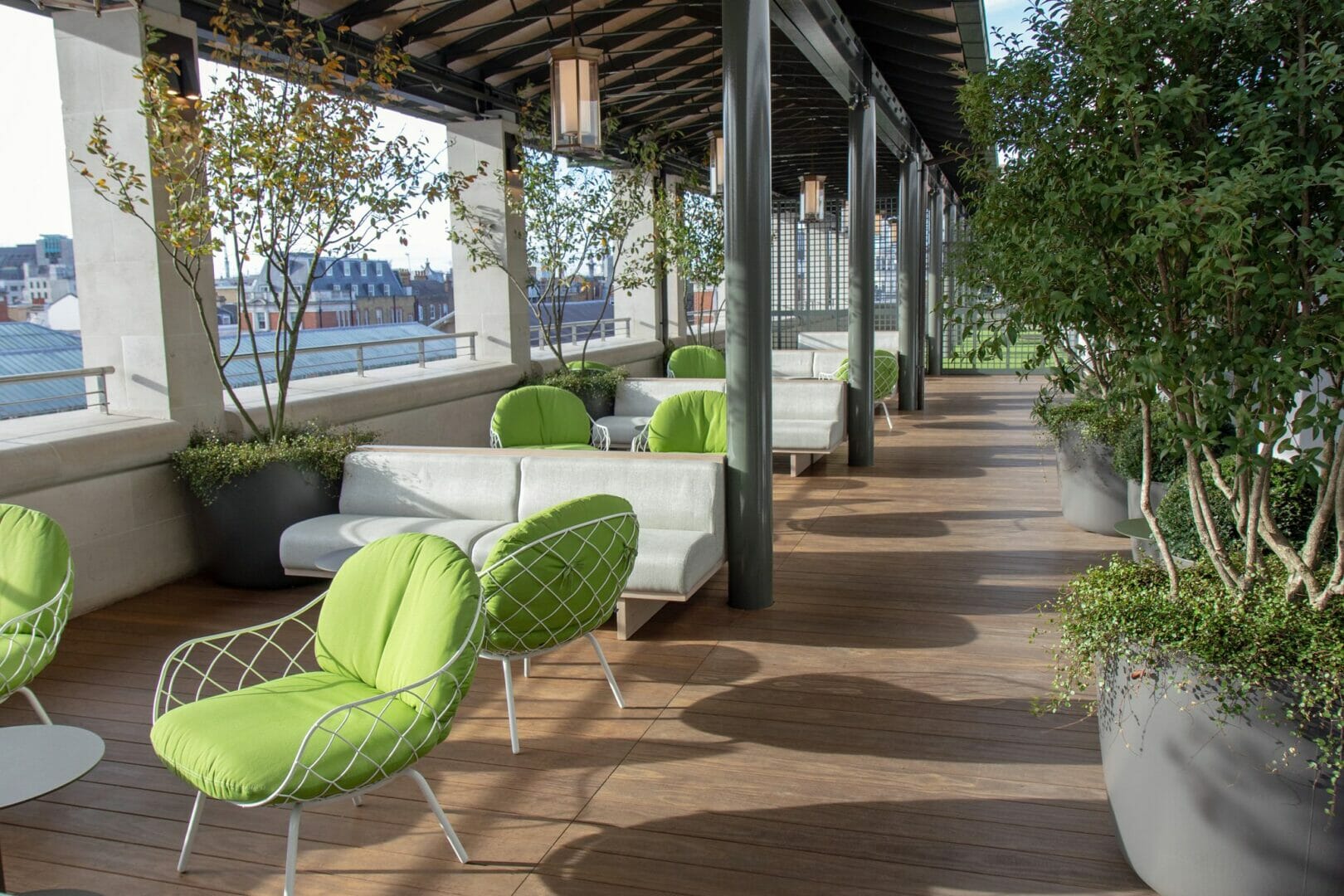
London continues to embrace sustainable, forward-thinking construction materials
One of London’s most historic and cultural buildings, the Royal Opera House, has undergone a significant transformation; including the complete redevelopment of the building’s upper floor and 600sq/m decking area. Selected by Stanton Williams Architects for its enhanced physical properties and unique appearance, Kebony, a beautiful and sustainable wood has been chosen to deck the entire terrace. The rejuvenation of the space stands as a shining example of the Capital embracing sustainable, forward-thinking construction materials for use in its creative and cultural buildings.
Originally a rest area for staff at the Royal Opera House, the new decking area has been re-purposed as a restaurant, meeting space and open air dance studio. In order to ensure that the outdoor flooring option would be suitable for the multi-purpose area, the architects required a highly durable, hard-wearing material which was resistant to wear and weathering. As such Kebony was the perfect material to repurpose the 600sq/m decking area.
Alfresco Floors was commissioned to supply and install the innovative GRAD decking system, colloquially known as the ‘invisible fixings’ deck system. The method utilises a clip fixing, which locks in specially milled grooves along the underside of each board, effectively hiding all fixtures and fittings from view. On the recommendation of outdoor flooring specialists, Alfresco Floors, who assisted with the project, the pre-existing joist structure was also retained. The low build up height of the Grad system meant that Alfresco Floors could install the entire rail system, clips and boards onto the existing joists without a significant change to the height of the original floor.
Stanton Williams Architects selected Kebony due to its enhanced durability, dimensional stability and rich brown tone which fades to a natural silver-grey shade over time. Developed in Norway, Kebony’s revolutionary technology is an environmentally friendly process which modifies sustainably sourced softwoods by heating the wood with furfuryl alcohol – an agricultural by-product. By polymerising the wood’s cell wall, the softwoods permanently take on the attributes of tropical hardwood including enhanced physical properties and extended warranty. Kebony is highly resistant to wear and weathering, which makes it the ideal material for the multi-purpose deck at the Royal Opera House. Although a natural material, the wood requires no maintenance beyond normal cleaning and can stand up to testing conditions far better than untreated softwood.
Chris Short, Marketing Director at Alfresco Floors commented: “We are incredibly proud to have played a part in the redevelopment of one of London’s most iconic buildings. The use of innovative technology and materials such as the GRAD decking system and Kebony wood were essential to the success of the stunning creative space and we are certainly excited to see the huge variety of events and activities that will take place on the deck for years to come.”
Adrian Pye, International Sales Director at Kebony added: “The Royal Opera House terrace is an incredible space and we are delighted to have helped in its refurbishment. It’s wonderful to see how an increasing number of developments are utilising sustainably sourced materials such as Kebony and we hope to continue working on equally exciting projects like this in the future.
